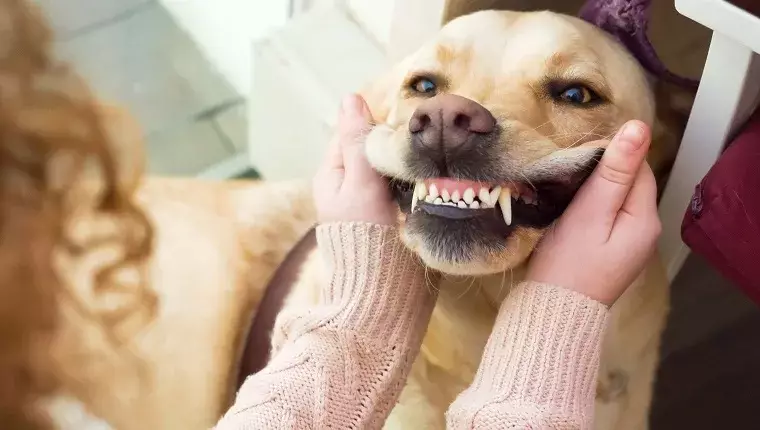Maintaining proper dental care for pets is often underestimated in the broader context of overall pet health. Dental issues in dogs and cats extend beyond mere cosmetic concerns; they can lead to severe health complications that affect a pet’s quality of life. It is essential for pet owners to recognize the signs of oral disease and take proactive measures to ensure their pets’ oral hygiene.
Numerous studies, including those by the American Veterinary Medical Association (AVMA), indicate that a startling 80% of dogs and 70% of cats develop some form of oral disease by the time they reach the age of three. This alarming statistic underscores the prevalence of dental issues among pets. Many animal owners may not realize that neglecting their pets’ dental health can lead to more than just bad breath; it can result in chronic pain and behavioral changes as well.
The importance of pet dental health has been given a designated highlight during National Pet Dental Health Month, celebrated annually in February. This period serves as a reminder for pet owners to pay close attention to their furry friends’ oral hygiene and to seek veterinary care when necessary.
Dental disease can manifest in various forms, from gingivitis to periodontal disease, and often begins with minor symptoms that can easily be overlooked. Common warning signs include persistent bad breath (halitosis), swollen or bleeding gums, and visibility of tartar buildup along the gum lines. Other less obvious signs that may indicate a problem include facial pawing, increased drooling, and reluctance to eat hard foods. These symptoms can indicate that your pet is experiencing pain or discomfort linked to their oral health.
Dr. Carol McConnell, former chief veterinary medical officer of Veterinary Pet Insurance Co., emphasizes the importance of vigilance among pet owners. She advocates for regular vet visits to monitor dental health and to address any developing issues before they escalate into more severe complications.
The best defense against dental disease is prevention. Despite this, studies reveal that only about 1% of pet owners brush their pets’ teeth regularly. This statistic highlights a significant gap in pet care that needs addressing. Incorporating a simple routine of brushing your pet’s teeth with a soft-bristled toothbrush and pet-specific toothpaste can dramatically decrease the risk of dental disease. A daily brushing regimen effectively removes food particles and limits the buildup of plaque and tartar.
In addition to brushing, nutrition plays a vital role in maintaining oral health. A poorly balanced diet can contribute to dental problems, making it crucial for pet owners to collaborate with their veterinarians to establish healthy eating plans. Foods bearing the Veterinary Oral Health Council (VOHC) seal of approval are recommended, as they are specifically designed to support dental health.
While at-home dental care measures are essential, professional dental cleanings conducted by veterinarians should also play a key role in your pet care routine. Most veterinarians recommend having dental check-ups and cleanings once or twice a year, depending on the pet’s specific needs. During these appointments, veterinarians often perform thorough examinations and cleanings that may include scaling and polishing under general anesthesia, allowing for a comprehensive cleaning of areas that are hard to reach with a toothbrush.
In more severe cases of dental disease, dental extractions may be required to alleviate chronic pain and prevent further health complications. Many regions also offer specialized dental clinics that provide discounted cleaning services compared to standard veterinary offices.
Prioritizing dental care for pets has far-reaching benefits, including an improved overall quality of life and potentially extending their lifespan by up to five years, according to some studies. Consistent oral care can lead to healthier organs, enhanced wellbeing, and a happier, more active pet.
As National Pet Dental Health Month approaches, it offers an excellent opportunity for pet owners to assess their pets’ dental health proactively. Are you familiar with the last time your pet received a dental check-up? Regular attention to dental hygiene could be instrumental in ensuring that your pet lives a long and healthy life. It’s never too late to start prioritizing dental health for your loved ones; take the leap today!

